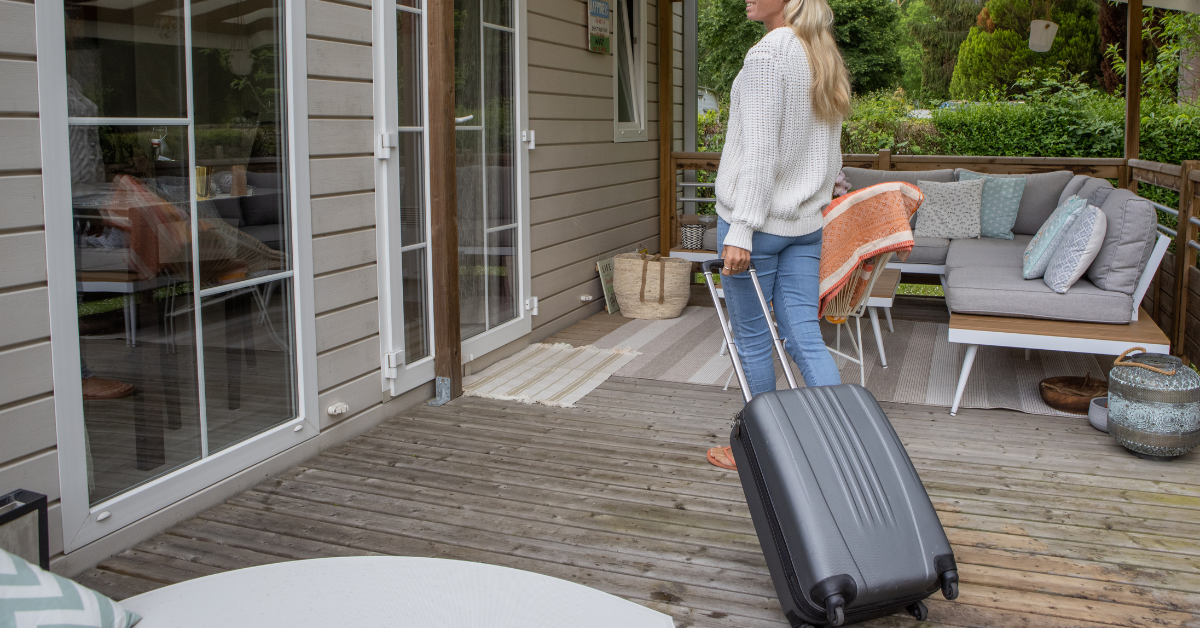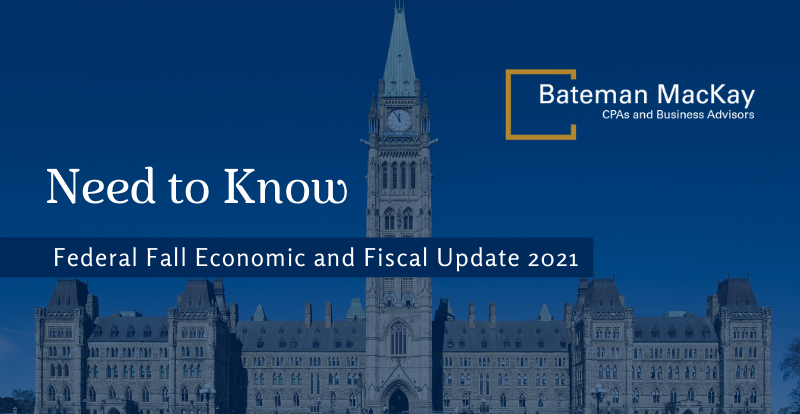While the 2021 Federal Fall Economic and Fiscal Update did not include any personal or corporate tax rate changes, information on business tax credits for air quality improvement, luxury tax enforcement, and home office deductions are noteworthy.
The Federal Government delivered its 2021 Fall Economic Update on December 14, 2021. This update expects a deficit of $144.5 billion for 2021-22, which is a smaller deficit than initially expected, but still a historically significant amount. Deficits of $58.4 billion and $43.9 billion are anticipated for 2022-2023, and 2023-24 respectively. No personal or corporate tax rate changes were announced. In addition to these disclosures, there were some minor, but notable updates that may impact your business or personal taxes. These changes include:
- Small Businesses Air Quality Improvement Tax Credit
- Home Office Expense Deduction
- Underused Housing Tax
- Luxury Tax
Small Businesses Air Quality Improvement Tax Credit
The Government is proposing a refundable Small Businesses Air Quality Improvement Tax Credit of 25% on eligible air quality improvement expenses incurred by small businesses. The credit is for eligible expenses incurred between September 1, 2021, and December 31, 2022, for expenses related to:
- the purchase or upgrade of mechanical heating, ventilation and air conducting systems
- the purchase of standalone devices designed to filter air using high-efficiency particulate air (HEPA) filters.
This credit is a maximum of $10,000 per location and $50,000 across all locations and affiliated businesses. Eligible entities include sole proprietors, members of partnerships (excluding trusts), and Canadian-controlled private corporations (CCPCs) with taxable capital employed in Canada of less than $15 million across associated corporations.
Home Office Expense Deduction
For the 2020 tax year, the government permitted taxpayers to use a temporary flat rate method to calculate their deduction for home office expenses. This method did not require employers to provide a T2200 and allowed a tax deduction of $2 a day, to a maximum of $400, for home office expenses. For the 2021 and 2022 tax years, this flat rate deduction will continue and the limit will be increased to $500 annually.
Underused Housing Tax
There is a new exemption for the annual 1% tax on non-resident, non-Canadian owned residential real estate in Canada that is considered to be vacant or underused. An owner’s interest in a residential property would be exempt for a calendar year if a residence that is part of the residential property is the primary place of residence of:
- the owner;
- the owner’s spouse or common-law partner; or
- a child of the owner or of the owner’s spouse or common-law partner if the child is in Canada for authorized study and the occupancy relates to that purpose.
Additionally, the Government plans to propose an exemption for vacation or recreational properties if the property is located in a non-urban area with fewer than 30,000 residents and is used by the owner for at least four weeks in a calendar year.
Luxury Tax
Originally introduced in the 2021 Federal Budget, the proposed Luxury Tax is calculated at the lesser of (i) 20 percent of the value above the retail sales price thresholds or (ii) 10 percent of the full value of the luxury car, boat or personal aircraft. The Government will release draft legislation in early 2022.
Bateman MacKay is Here to Advise
These are relevant highlights from the 2021 Federal Fall Economic and Fiscal Update. To see the full update, visit this Federal Government website. If you have questions about these or any other tax issues, reach out to a Bateman MacKay Business Advisor. Make sure to visit our blog page for other tax, accounting and business advisory updates, including the 2022 Federal Budget, expected in Spring of 2022.




